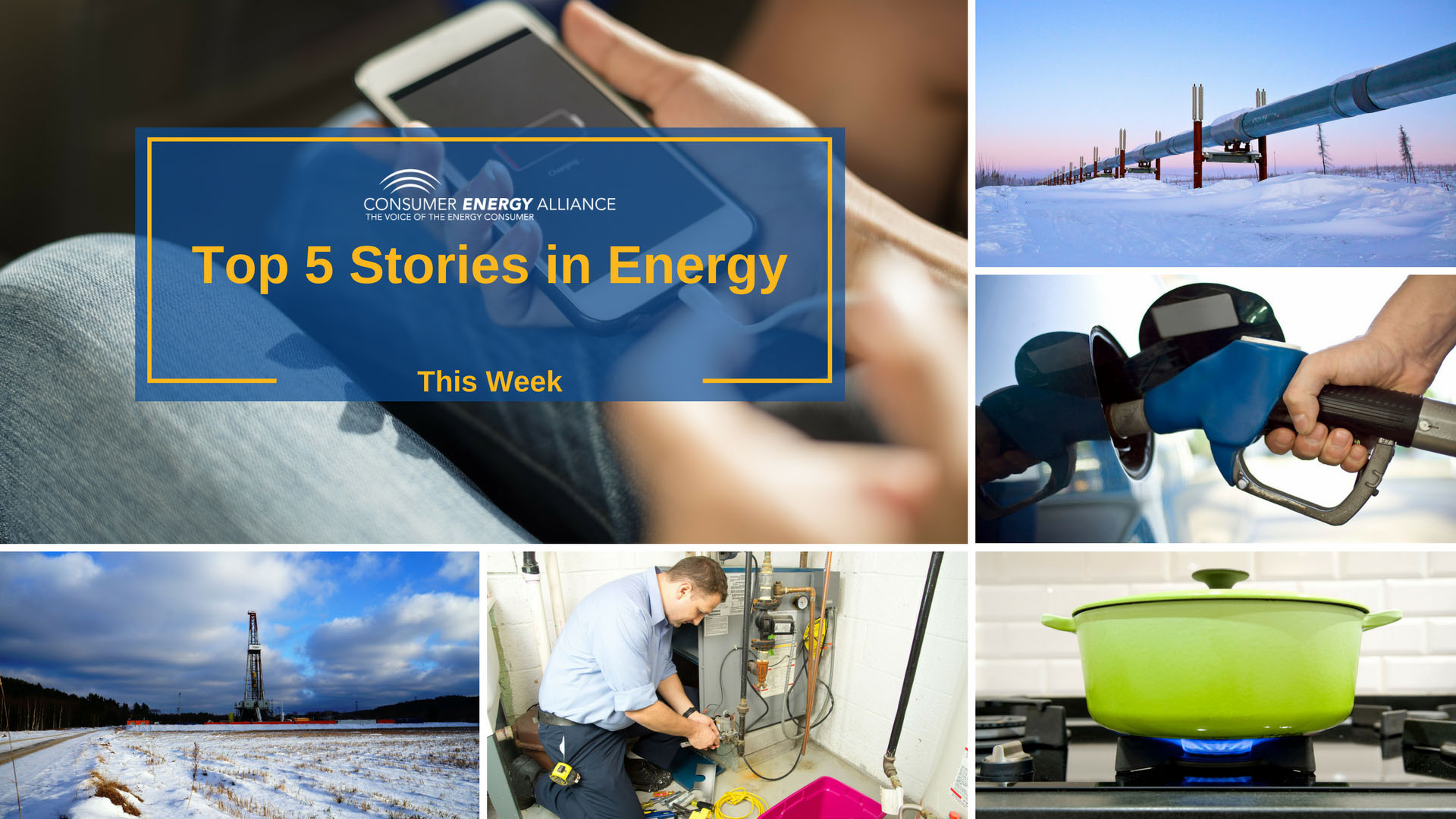As our healthcare workers and first responders continue to fight COVID-19, the Administration continues to focus on how the CARES Act and additional economic stimulus measures can help support Americans through these uncertain times. Since the CARES Act supports individuals and businesses affected by the pandemic and economic downturn, its Paycheck Protection Program is providing assistance for small businesses by authorizing up to $349 billion toward job retention and certain other expenses. Aside from all of the economic news, we’ve found heartwarming ways to keep human contact intact while still adhering to social distancing guidelines. While coronavirus headlines may have kept you up to date all week, below are several energy articles that may have gotten lost along the way. Last week’s stories can be found right here.
Let’s take a moment to thank the companies coming together to fight COVID-19. 
Energy providers are providing reliable energy in this intense pandemic, but they’re also going above and beyond through other avenues. ExxonMobil switched production lines to produce isopropyl alcohol for disinfectants, GE Renewable Electric is using their 3D printing technology to make face shields for masks, just to name a few. Power Magazine tells the rest of the story here.
Coronavirus has the world relying on traditional fuels like never before. 
Why? It’s because of the need for single use plastics amid exposure issues, manufacturing of personal protective equipment and products and the fact that 80 to 90 percent of the foundation of our pharmaceuticals are based on carbon-based fuels. In a time when hospitals need completely reliable power, traditional fuels help to provide that consistency. Forbes explains it here.
One of the biggest components to renewable energy development is the same reason there is still a lot of work to do. 
San Diego Gas & Electric (SDG&E0 has been working on a solution to help resolve this problem. Three years ago they teamed up with a Japanese manufacturing company, Sumitomo Electric to try out vanadium batteries. These batteries are rumored to power 1,000 homes for four hours. Wired paints the rest of the picture here.
While we’re talking batteries, let’s chat about your phone battery. 
Having your phone’s battery last for more than a 24-hour period seems like it should be achievable, and yet, for generations there hasn’t even been a concept that’s existed. Your phone’s battery likely won’t be changing anytime soon, but there are super chargers available to help us get moving quicker. This begs the question – what does a super charge mean for your phone? CNET talked to experts, and shared the answers here.
Climate-friendly buildings may contribute to employee happiness. 
Studies have shown that people live happier, healthier lives when they are surrounded by nature. With most of us working 40+ hour weeks, including some of those natural elements could make for a happier workforce. Yale Climate Connection explains the details here.
